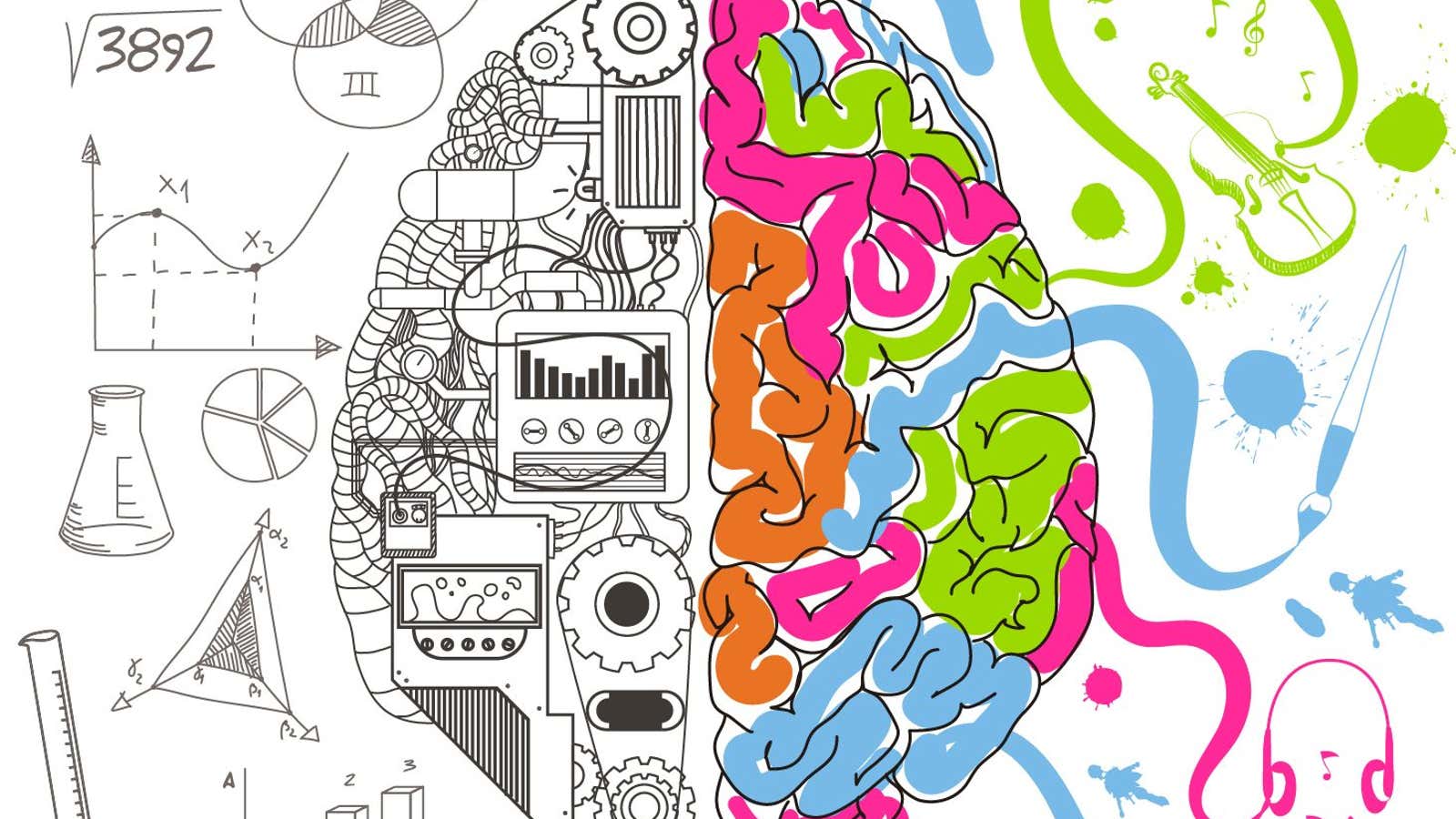Do you finish people’s sentences, filling in the blanks before they do? It turns out this reaction is linked to memory, which isn’t separate from language after all, though scientists have long considered the two functions distinct.
A new study measured activity in the hippocampus, the part of the brain associated with memory function, while unfinished sentences were presented to participants. Researchers found that upon hearing these sentences, the participants’ hippocampi responded, firing neurons just as it does when a person is remembering. In other words, our brains try to anticipate and autofill based on context—and by retrieving information stored in our memory, according to neuropsychologist and co-author of the research study Nina Dronkers.
The research, published in the Proceedings of the National Academy of Sciences on Sept. 19 by psychologists and neuroscientists from UC Berkeley, UC Irvine Medical Center, and Stanford University, links the language and memory functions of the brain for the first time.
Typically, language studies use functional magnetic resonance imaging (fMRI) to measure oxygen flow in the brain. But that flow is too slow to track what the brain does right as it receives language, says Vitoria Piai, an author on the study and currently a senior researcher at Radboud University in the Netherlands. So Piai and colleagues instead recruited 12 patients being treated for epilepsy using electrodes surgically inserted into their hippocampi. Using these electrodes, the team was able to capture neuronal firing millisecond by millisecond.
The patients were each presented with various unfinished sentences while measuring activity in the hippocampus in this way. The researchers used two types of sentences: “constrained” and “unconstrained.”
Constrained sentences have limited options. For example: “She swept the room with a…” Unconstrained sentences present many possibilities. For example: “She stepped out into the sunshine to get…” The first sentence likely ends with “broom” but the second offers options. She could step out into the sunshine to get fresh air, to grab a coffee, and so on.
When presented with constrained sentences, 10 of the 12 participants showed a pattern of activity in the hippocampus that matches what happens in the brain when it makes a memory association: the hippocampus becomes more active, as if checking a database of existing information to predict what will be said next based on what it knows.
Robert Knight, a UC Berkeley professor of psychology and one of the paper’s authors, said in a statement that the results suggest a whole new area of scientific exploration. Language has classically been thought to occur in the cortex, not the hippocampus. As a result, study of language and memory “have been like ships running in the fog, unaware that the other ship is there,” according to Knight.
The next step is to figure out exactly how the hippocampus connects incoming words to stored language information, generating meaning based on context. In the interim, practice patience. Let people finish their sentences.
